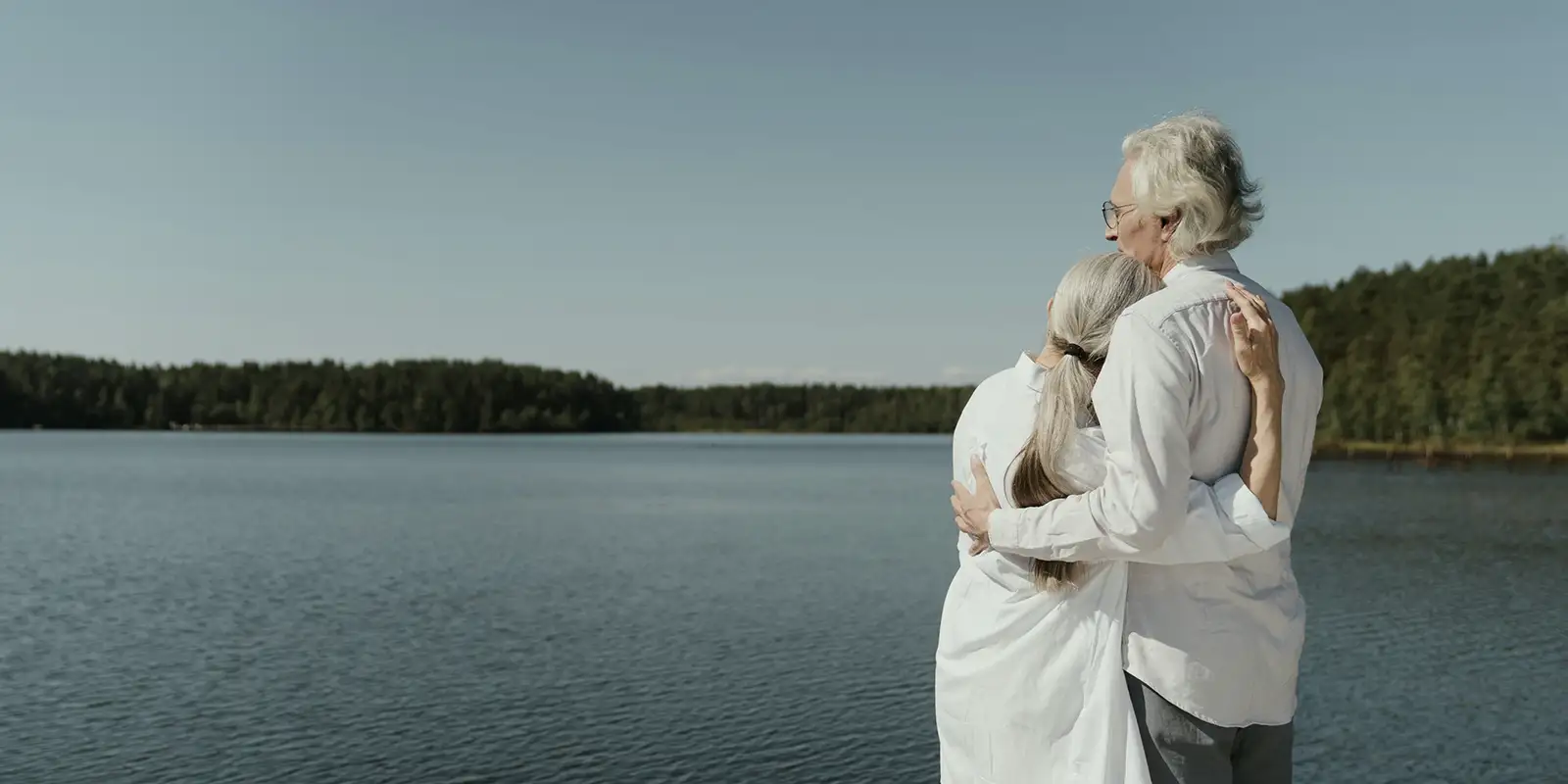Brexit and Malta are closely connected because of the UK’s long history with the country, including colonial ties, trade links, and a large number of British citizens living or retiring in Malta. Brexit, which officially took place on January 31, 2020, has changed these relationships, which affected both Malta’s economy and UK nationals living in the country or those interested in relocating. Rules for trade, travel, work, and residency have been updated, and UK citizens no longer have automatic rights to live and work in Malta.
This article will explain the impact of Brexit on Malta, the different routes for UK citizens to gain Maltese citizenship, the residency options available, how pensioners are affected, and more.
Brexit and Malta Citizenship Key Takeaways

Brexit has changed Malta’s relationship with the UK in several ways. British citizens are now considered third-country nationals, meaning they need residence permits or visas to live and work in Malta long-term. However, those who were already living in Malta before 31 January 2020 keep their rights to residence, healthcare, and social security under the Withdrawal Agreement.
Trade between Malta and the UK now faces customs checks and new regulations, which slightly increase business costs, though cooperation continues through the EU–UK Trade and Cooperation Agreement. Tourism is still strong, as British travelers are still allowed visa-free stays of up to 90 days, but they now need travel insurance and must use non-EU passport lines when entering Malta.
No, British citizens cannot live in Malta without permission, but there are rules. You can visit Malta with a British passport for up to 90 days in a 180-day period.
If you want to live in Malta long-term, you must apply for a residency visa. While Brexit removed the automatic right for UK citizens to live in the EU, there are still many options for those who want to move. Before 2020, British citizens could live and work in Malta just by applying for a residency permit.
- EU Access – Living in Malta allows UK citizens to remain in the EU, which can make travel, business, and trade easier.
- English-Speaking Environment – English is an official language in Malta, making daily life, work, and education straightforward.
- Favorable Tax Options – Programs like the Malta Retirement Programme offer attractive tax rates for pensioners and investors.
- High Quality of Life – Malta has a warm climate, good healthcare, modern infrastructure, and a safe environment.
- Several Citizenship and Residency Routes – There are clear pathways for long-term residence and citizenship through descent, naturalization, or investment.
- Strategic Location – Malta is well connected to Europe, North Africa, and the Mediterranean, which is convenient for travel and anyone interested in starting a business in Malta.
British citizens can apply for Malta citizenship through several main routes, such as naturalization, marriage, and descent. However, UK citizens can no longer obtain Malta citizenship through investment, as the Malta Citizenship by Investment Program officially ended after the ECJ ruled against it. The Maltese government has also proposed a Citizenship by Merit route to those who have made an exceptional contribution to Malta, such as through cultural, scientific, or economic achievements.
- Citizenship by Naturalization – British citizens can apply for a Malta passport after living in Malta for at least seven years, maintaining legal residence, and showing good character, financial stability, and integration into Maltese society.
- Citizenship by Descent – Those with Maltese parents or grandparents may be eligible for Malta citizenship by descent, depending on when and where they were born. Proof of Maltese ancestry is required through official birth and marriage certificates.
- Citizenship by Marriage – A British citizen married to a Maltese national can apply for citizenship after five years of marriage, even if they do not live in Malta continuously.
British citizens still have the option of gaining long-term residence through the Malta Residence by Investment program. They can also choose from other temporary residence permits, like the Malta Digital Nomad Visa or the Global Residence Program, for those who want to move their tax residency to a tax-friendly environment by buying property in Malta.
Brits can retire to Malta, even post-Brexit. British citizens are welcome to retire in Malta by applying for a residency permit. Malta offers the Malta Retirement Program, which is tailored specifically for retirees who meet the financial requirements and own or rent a qualifying property in Malta. This program comes with attractive tax benefits, such as a 15% flat tax rate on remitted foreign pension income, and allows you to enjoy Malta’s sunny climate, rich cultural heritage, and great quality of life.
How does Brexit affect pensions in Malta?
Brexit has not changed much for UK retirees in Malta. Thanks to the EU Withdrawal Agreement and the UK-Malta tax treaty, UK retirees can still receive their State Pension, including yearly increases based on UK inflation. However, they must follow Malta’s tax rules: under the Malta Retirement Program, pensions brought into Malta are usually taxed at a flat rate of 15%. This means your UK pension continues, but you may have new tax responsibilities in Malta.
How Can Global Citizen Solutions Help You?
Global Citizen Solutions is a boutique migration consultancy firm with years of experience delivering bespoke residence and citizenship by investment solutions for international families. With offices worldwide and an experienced, hands-on team, we have helped hundreds of clients worldwide acquire citizenship, residence visas, or homes while diversifying their portfolios with robust investments.
We guide you from start to finish, taking you beyond your citizenship or residency by investment application.



